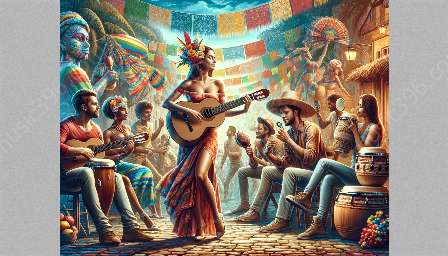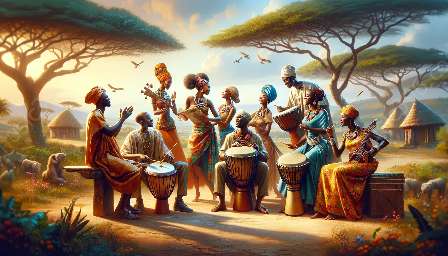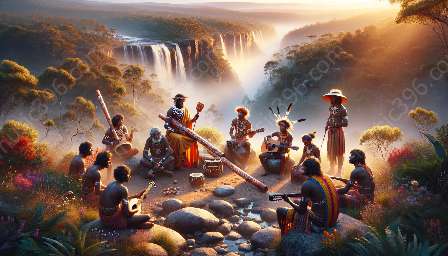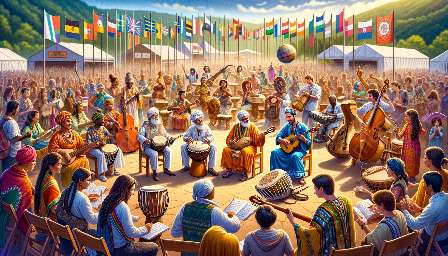Reggae music, with its infectious rhythms and powerful messages, has had a significant impact on the tourism industry in Jamaica and other countries. The pulsating beats and vibrant melodies of reggae have attracted music enthusiasts and travelers from around the world, directly influencing the tourism landscape and cultural experiences.
Reggae's Roots in Jamaica and Global Influence
Originating in Jamaica in the late 1960s, reggae music quickly gained international recognition and became synonymous with the Caribbean island. It is characterized by its distinctive rhythm, often accompanied by socially conscious lyrics that address various social and political issues.
Jamaica's association with reggae music has played a pivotal role in shaping the country's tourism industry. Reggae-themed events, such as music festivals and concerts, have become major attractions for tourists, drawing large crowds annually and boosting the local economy.
Beyond Jamaica, reggae music has transcended geographical boundaries, influencing the world music scene and sparking interest in the cultures and traditions of the Caribbean. The global appeal of reggae has contributed to the rise of music tourism, with travelers seeking authentic reggae experiences in various destinations.
The Reggae Experience for Tourists
Reggae-centric tourism initiatives have been instrumental in providing visitors with immersive experiences that showcase the music's impact on local communities and cultural heritage. Tourists often have the opportunity to visit reggae-inspired landmarks, such as the Bob Marley Museum in Kingston, Jamaica, and participate in guided tours that trace the roots of reggae music.
Furthermore, the proliferation of reggae-themed resorts and accommodations has allowed tourists to fully immerse themselves in the music's ambiance while enjoying their stay. Live reggae performances, dance workshops, and interactive music sessions are commonly featured at these establishments, creating a unique and engaging experience for travelers.
In addition, reggae music has influenced the gastronomic landscape in many tourist destinations, leading to the promotion of reggae-themed dining experiences that combine authentic Jamaican cuisine with live performances and vibrant music.
Reggae Festivals and Events
Reggae festivals and events play a significant role in attracting tourists and fostering cultural exchange. These celebrations often showcase an array of reggae artists, reflecting the diversity and evolution of the genre. The renowned Reggae Sumfest in Montego Bay, Jamaica, and the Rototom Sunsplash in Spain are prime examples of how reggae festivals have transcended borders, attracting a global audience and generating substantial tourism revenue.
By incorporating elements of local culture, lifestyle, and artistry, reggae festivals offer tourists an immersive experience that goes beyond music, allowing them to engage with the traditions and values associated with the genre.
Socio-Economic Impact and Cultural Exchange
The enduring influence of reggae music on the tourism industry has not only contributed to economic growth but also facilitated cultural exchange between nations. As tourists flock to reggae-centric destinations, local communities and businesses benefit from increased revenue and opportunities for socio-economic development.
Moreover, the global dissemination of reggae music has promoted intercultural understanding and unity, serving as a universal language that transcends barriers and unites people from diverse backgrounds.
Conclusion
Reggae music continues to exert a profound influence on the tourism industry, captivating audiences and travelers with its infectious rhythms and compelling narratives. Its impact extends beyond entertainment, enriching cultural experiences, and fostering global connectivity. Through reggae, the world continues to embrace the vibrancy and spirit of Jamaica, while promoting inclusivity and appreciation for diverse musical traditions.










































